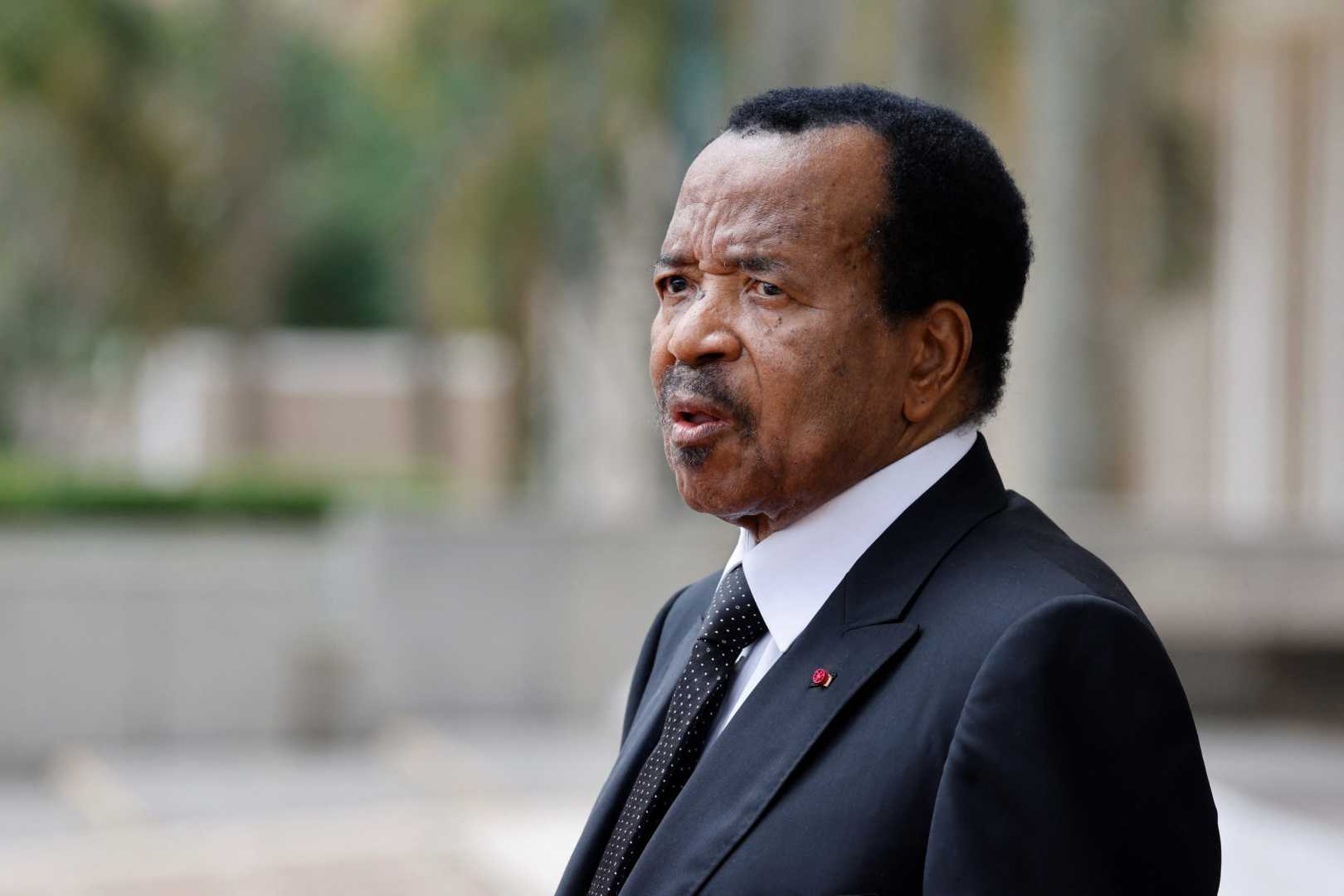News
Speculation Surrounds Cameroon President Paul Biya’s Wellbeing Amid Recent Absence

Speculation about the wellbeing and whereabouts of Cameroon‘s 91-year-old President Paul Biya has been a significant topic across Africa this week. After attending the China-Africa summit in Beijing in early September, Biya’s absence from the UN General Assembly in New York was noted, but his decision to skip this week’s summit of French-speaking countries, La Francophonie, at Viller Cotterêts in France, fueled further rumors as he has not been seen in public for about a month.
Cameroon’s ambassador in France has maintained that Biya is “in good health” and residing in Geneva, his typical location when away from Cameroon. Some sources speculated that he required rest under medical supervision following an intense diplomatic schedule in July and August. President Biya holds the title of Africa’s oldest head of state and is the second-longest serving leader on the continent, closely following President Teodoro Obiang Nguema of Equatorial Guinea.
As rumors persisted, government spokesperson René Sadi issued an official denial of the speculations, reassuring that Biya would return home “within the next few days.” The head of the president’s private office, who is with him in Geneva, also confirmed that he was “in excellent health.”
Cameroon occupies a strategic position as the gateway to landlocked Chad and the Central African Republic (CAR) and is currently challenged by jihadist violence around Lake Chad, as well as a complex crisis in its English-speaking regions. Biya has been leading these efforts with a distinctive style that does not seek the spotlight, avoiding attendance at numerous African leaders’ gatherings.
Historically, Biya’s leadership style has involved minimal personal interventions, with significant government responsibilities frequently delegated to a succession of prime ministers. His prolonged absences from public appearances are not unusual for his presidency, often fueling rumors about his health.
Biya, who seized power in 1982, has maintained control through strategic political maneuvers, including allowing partial reforms to quell mass protests during the democratizing wave of the 1990s. As his current seven-year term nears its November 2025 conclusion, there are calls from supporters for Biya to seek reelection, while critics argue for leadership renewal to better address Cameroon’s development challenges.
Cameron has faced ongoing conflict in its English-speaking regions, starting in 2016 when protests by teachers and lawyers were sparked over failures to adequately support English-language rights and public services. Biya has introduced reforms aimed at decentralizing power, albeit at a delayed pace, after initial grievances led to violent confrontations with demands for secession.
Biya’s leadership approach is viewed by some as more symbolic akin to a constitutional monarch, where he continues to make key decisions even when not based in Yaoundé. His choice of representatives, including Secretary General of the Presidency Ferdinand Ngoh Ngoh, reflects his intention to maintain tight control over political processes.
Speculation over potential successors is rife as Biya’s trusted leaders, such as Laurent Esso and René Sadi, are also aging. Notably, support has emerged for his son, Franck Biya, although Franck has shown no political ambitions. Political dynamics in other African nations, like Gabon and Senegal, highlight the risks and challenges of leadership succession amid public discontent.
Biya’s inner circle may manage to navigate such challenges, requiring attentiveness to the sentiments of youth and middle-class populations in urban centers like Yaoundé and Douala.












